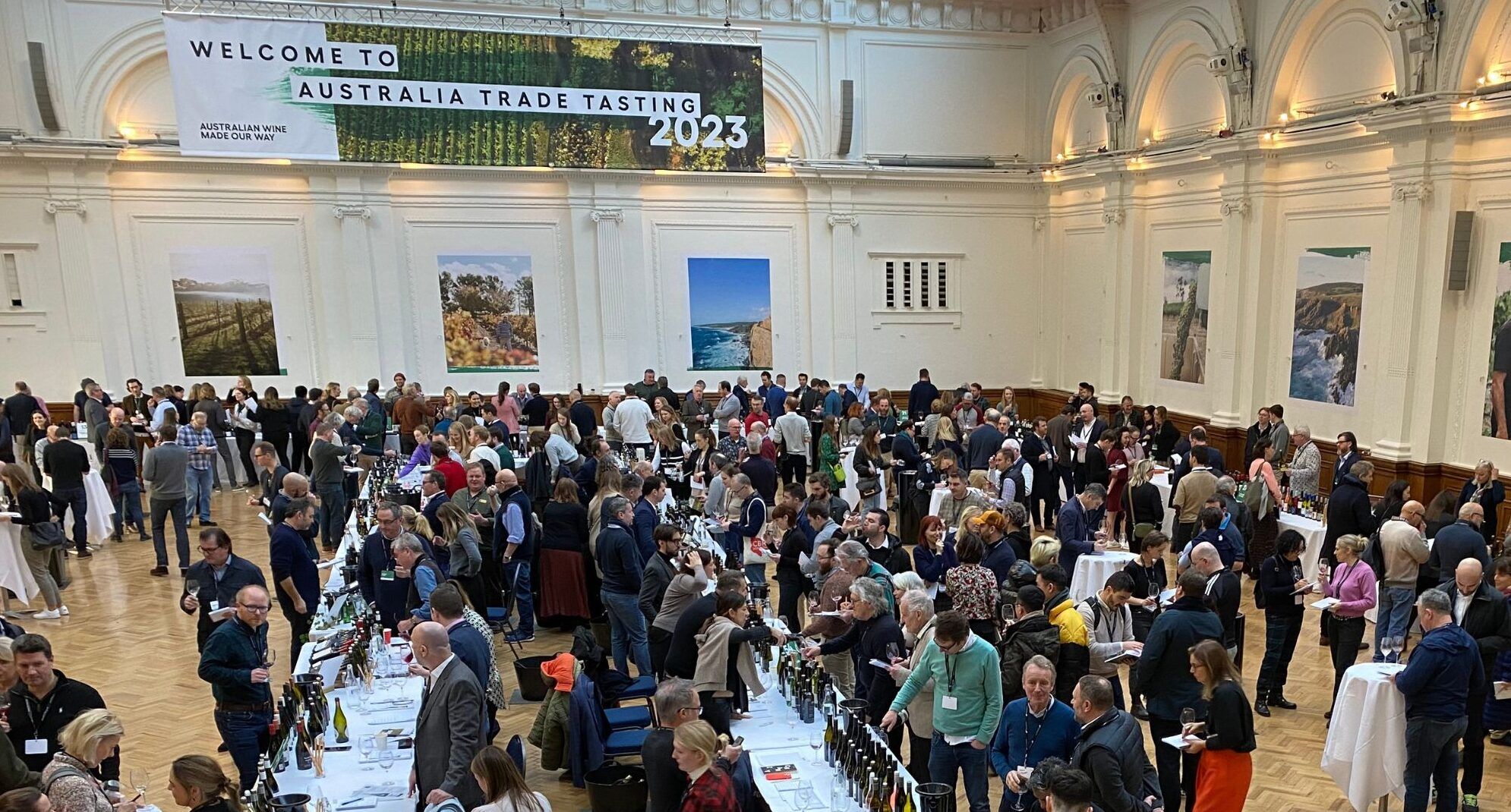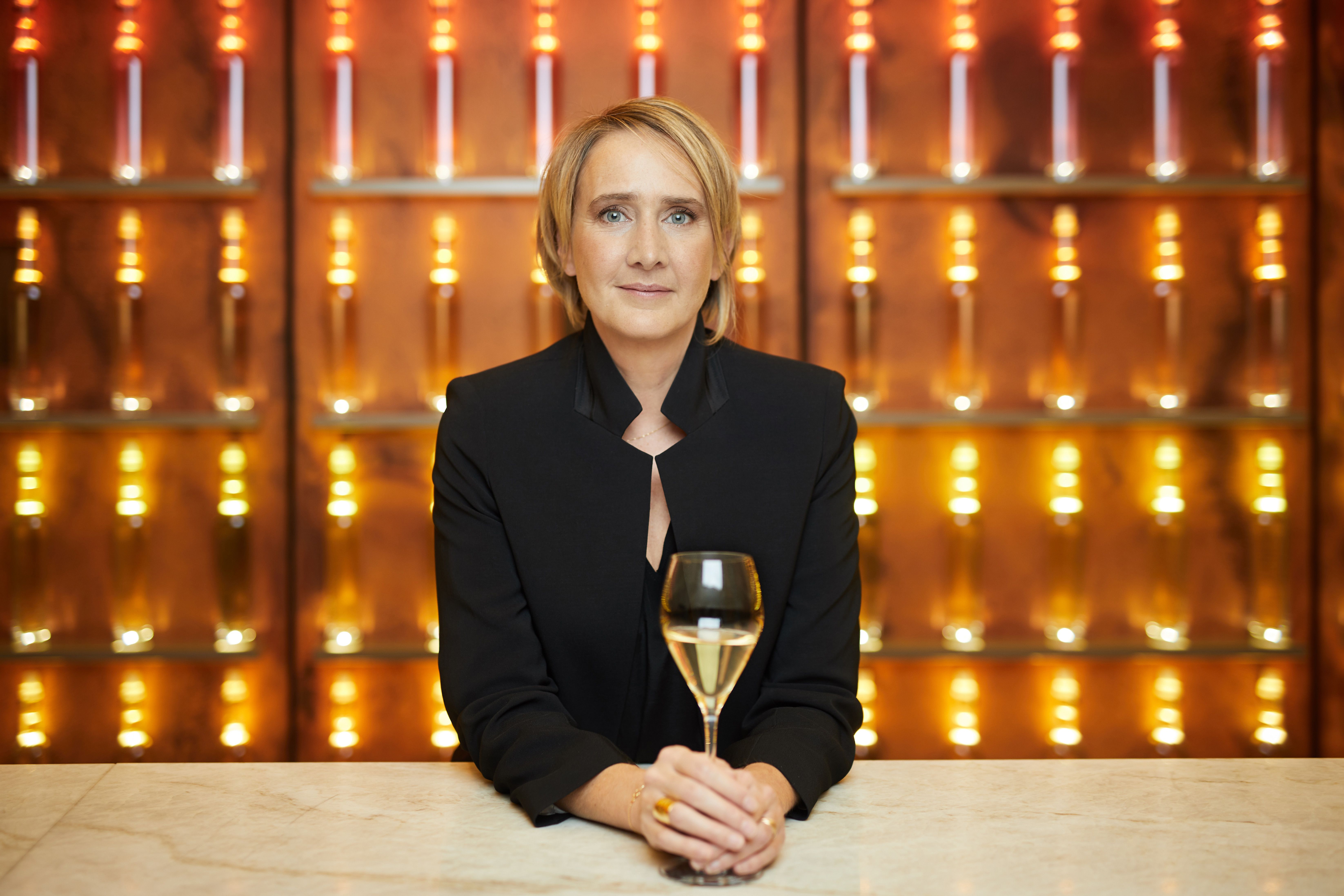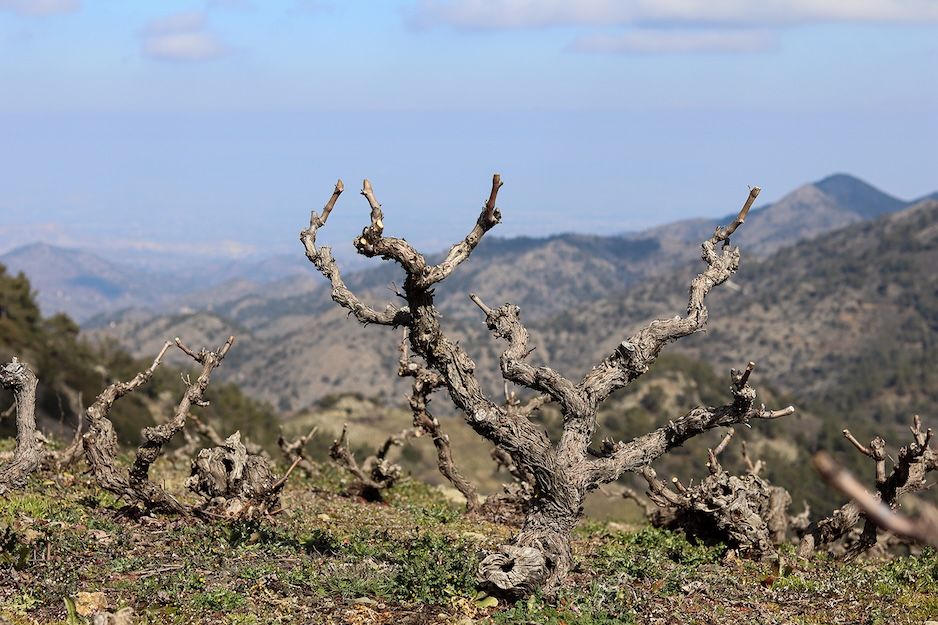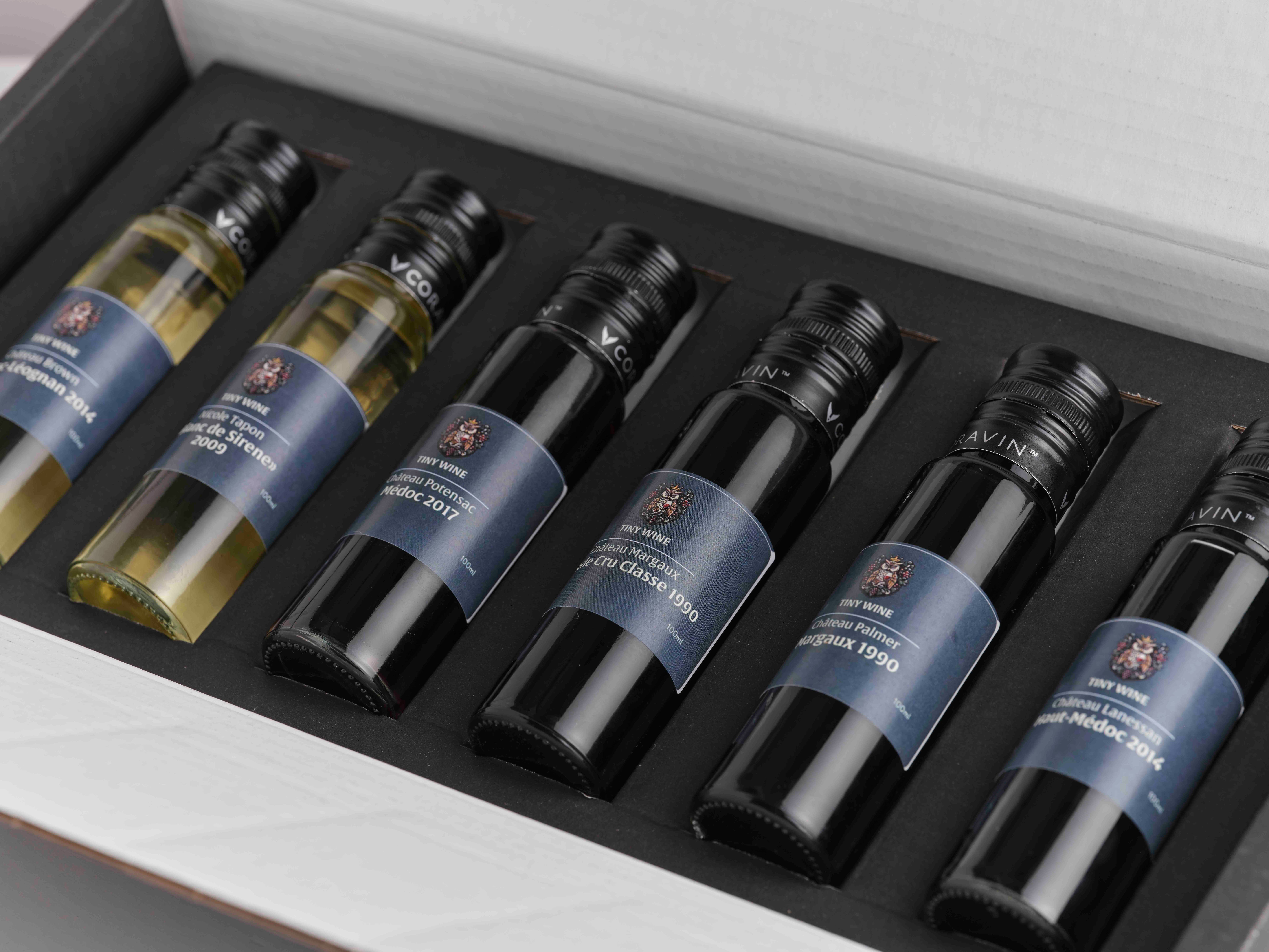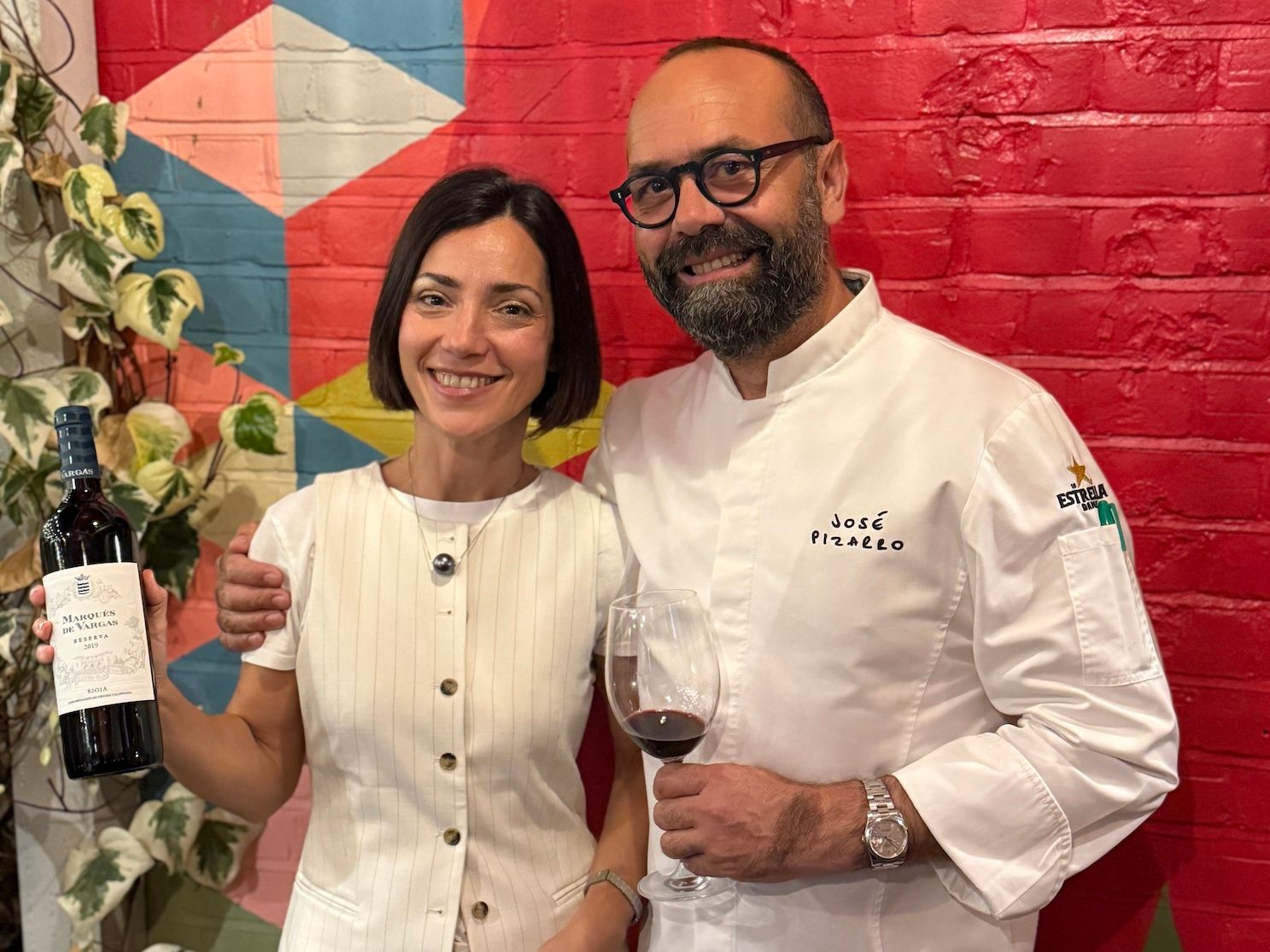“But as much as we don’t do it just to sell wine and grapes, we have noticed more and more of our clients demanding Sustainable Winegrowing Australia grapes – it shows the certification is getting more renown,” says producer James Lienert.
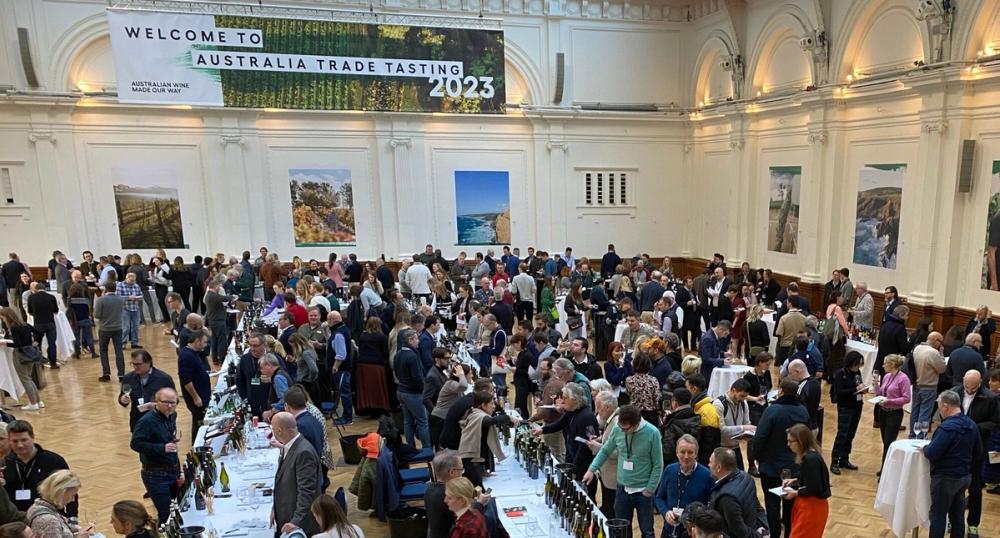
Australia Trade Tasting, London, January 2023
The sustainability penny has been dropping faster than ever over the past decade in the wine industry. Increasing numbers of consumers are demanding it from retailers. Importers are increasingly demanding it from producers. Producers are seeing, first hand, the demands that social, economic and climatic factors are putting on them the world over. Conversations over vineyard practices, water management, packaging etc. are central themes to nearly every tasting and masterclass you can attend these days. It’s great to see increasing numbers take a big interest in how this industry of ours is moving into the future.
The conversations about sustainability usually start with a definition of what we mean by it. Not everyone agrees and the picture changes so fast that some initiatives that were cutting edge ten years ago can now be seen as lagging behind. This is why when you get genuinely forward-thinking sustainability programmes from specific regional bodies (e.g. Alentejo), country wine trades (e.g. New Zealand), or even national government (e.g. France’s HVE), it’s worth promoting them to show that we, as either wine industry bods or consumers, appreciate the effort and want to see it spread, evolve and succeed.
The birth of Sustainable Winegrowers Australia
In 2019 the wine trade of Australia joined the party with Sustainable Winegrowing Australia. It’s important to point out, when you look at how young this initiative is, this isn’t the first time anyone in Australia had noticed the importance of sustainability. Far from it. The Cooperative Research Centre for Viticulture in Adelaide was already producing best practice reports in the 1990s. In the years that followed, many areas began to test and implement Environmental Management Systems that culminated in 2009’s Entwine Australia, a national program to establish key metrics, data collection and benchmarking across the country. Further regional programmes also continued to develop.
McLaren Vale was one such region to develop its own sustainability charter. Through continual research and feedback from producers there, as well as the research, PhD thesis and ongoing updates from their sustainability co-ordinator Dr Irina Santiago-Brown, the region’s Sustainable Assessment in Wine Grape Growing was developed. So successful was it here that it was promoted and spread to further regions and eventually formed a large part of what would eventually, in 2019, become the national Sustainable Winegrowers Australia.
Focus areas include the protection and regeneration of land and soil, efficiency of water usage, energy efficiency and generation, biodiversity, waste management and, the one everyone forgets, looking after the people and businesses. Through the key steps of tracking, measuring, benchmarking and then reporting it’s hoped that increasing numbers of producers will aim for certification in the coming years. The programme now boasts over 250 fully fledged members, with over a 1000 more in the process of certification. The hope is that these members can increasingly prove Australia’s sustainability credentials to the world.
Living sustainability from the beginning
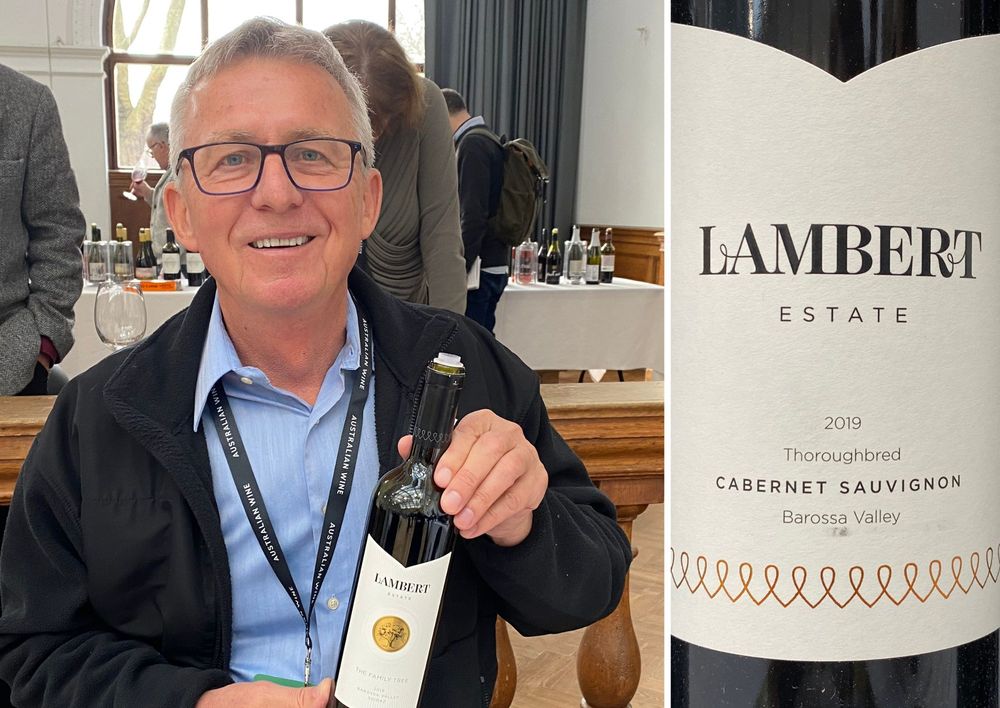
Jim Lambert and his stunning Thoroughbred Cabernet Sauvignon
Jim Lambert is the owner and “chief tasting officer” at Lambert Estate Wines in Barossa. The flippant title masks the impressive brain behind the kindly smile. Armed with no less than three engineering degrees (environmental, civil, and structural for those interested), Wisconsin native Lambert bought the property in 2003, moving there full time in 2006.
Now a fully certified member of SWA, the plan was all about sustainability, including organic viticulture, from the beginning.
“We’ve got over 100 hectares of contiguous land and the aim from the beginning was to be 100% self-sustaining,” explains Lambert. “Our winery is fully gravity fed, a third of the buildings are built within the ground or land, and we’ve got over 1000 solar panels producing the energy we need to run the winery and our two on-site restaurants.”
As well as the winemaking, Lambert is very proud of the tourism element of the operation.
“We wanted to build something nice for people to visit and high class,” remembers Lambert. “We get a lot of UK and US visitors who comment on the beauty of the property, so our sustainable focus from the outset has had many upsides. We’re also launching electric buggy trails through the property in the coming months, and love showing off the wonderful wildlife and biodiversity of our property.” The tourism elements also mean that Lambert is now employing 35 local people from nearby Angaston, another key facet of the desire to build something to last.
Keeping up with demand
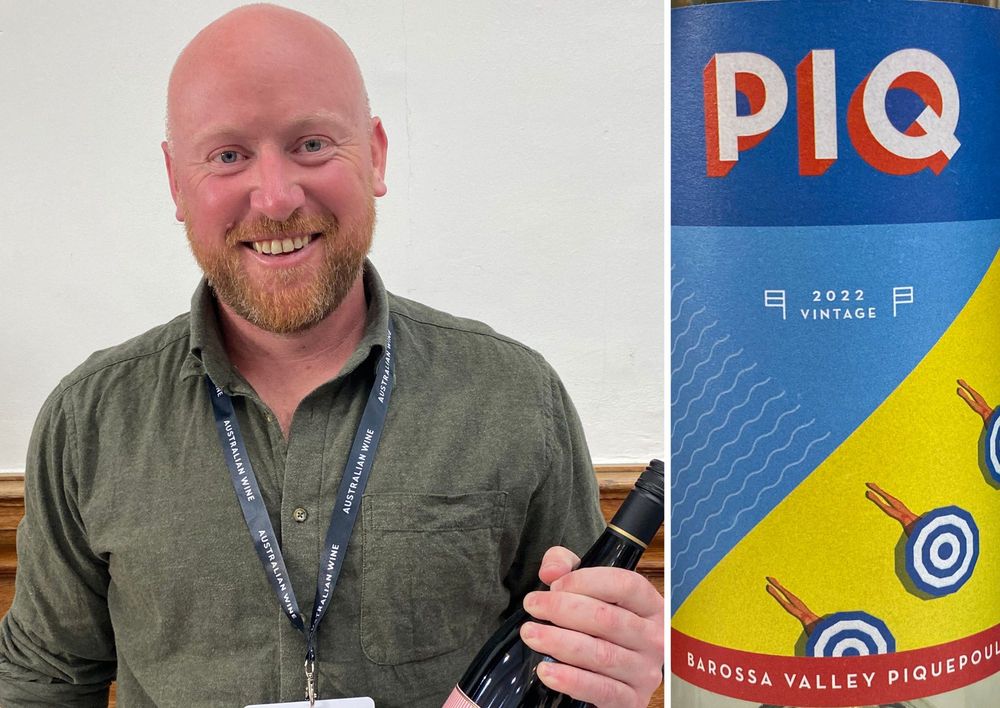
James Lienert and the 9.7% abv PIQ Piquepoul
Also in Barossa are Lienert Vineyards, another signed up SWA member that also runs its vineyards subject to organic practices, with a major part of their business selling grapes to other producers.
“We’ve been keen to be part of the SWA from the start,” explains James Lienert, who runs the property with his brother John. “I think, put simply, it’s just the right thing to do. But as much as we don’t do it just to sell wine and grapes, we have noticed more and more of our clients demanding SWA grapes. I think that’s a real positive to show the certification is getting more renown.”
Lienert is keen to point out this hasn’t just happened overnight. As much as 2019 was the official launch of SWA, the local community of wine producers have been working together for many years to tackle the issues the local industry is facing.
“In South Australia, and Barossa especially, we’ve got a big selection of old vines as well as a shared culture and history. We’ve got a great community round here that have swapped ideas for years. We plant diversity in the vineyards, use sheep to keep the fields under control in the winter, and use organic mulch where and when we can. And we will keep adding to that.”
Not only are they some of the local leaders of regenerative agriculture, the Lienert brothers are also at the forefront of clonal research and varietal experimentation. The first wine in the line-up was a Barossa Piquepoul, that even fully fermented only made it to 9.7% ABV. Full of citrus fruit, but somehow packed with body and a fresh, saline finish, this wine in particular showed that their research is yielding some surprising and exceptional results.
The practical solution for many
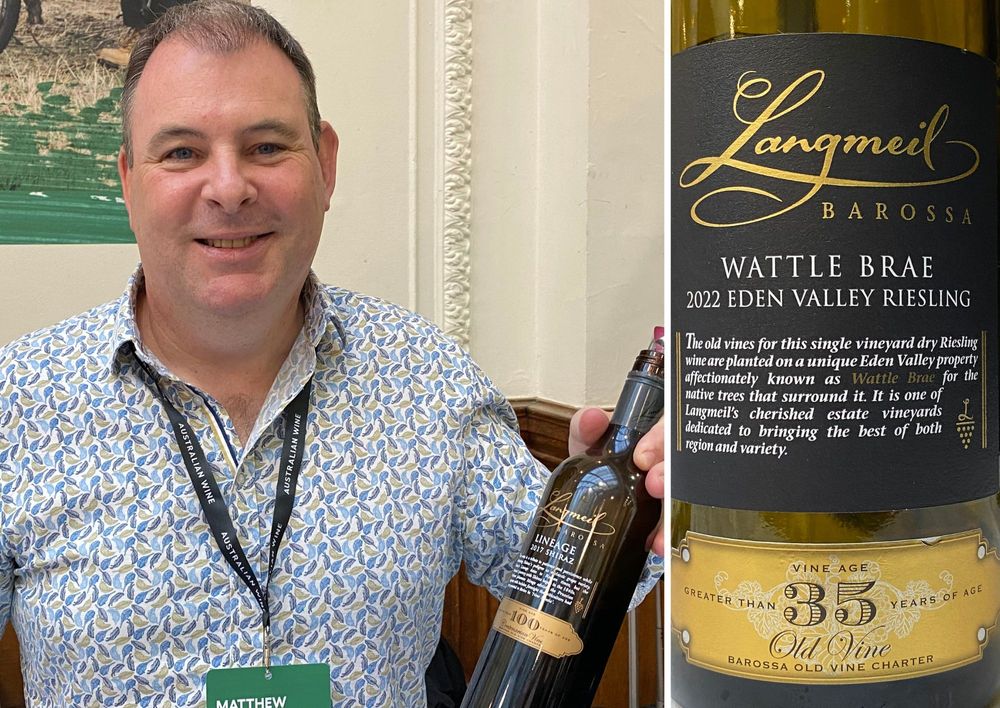
Matthew McCullogh with a stunning old vine, Eden Valley Riesling
Matthew McCullogh is the CEO of Langmeil Winery, also in Barossa. It’s home to what is believed to be the oldest Shiraz vineyard in the world, The Freedom 1843, and can be seen as an emblem for the sustainability credentials of this seventh-generation family winery. It’s practicalities, however, that have been the real upside of joining the SWA program.
“We own vineyards to cover 25% of the grapes we use, and the rest come from our contracted growers,” explains McCullogh. “Going down the route of organic or biodynamic certification is just too tricky. The SWA gives us a much more practical avenue to show how much future proofing our business does mean to us.”
The practical reasons for signing up now don’t stop there. Langmeil signed up to the SWA last year and is hoping for certification by 2024.
“Will anyone be able to supply the big retailers, importers and monopolies within five years’ time if you don’t have it?” reflects McCullogh. “It’s also easy to sign up right now. The government are keen to help, so we got a grant via them from the regional wine body. The Barossa guys also provided huge help in the shape of a guy called Chris Rogers, who was able to help us put an achievable plan in a place. It’s been a smooth process.”
The big boys are committed
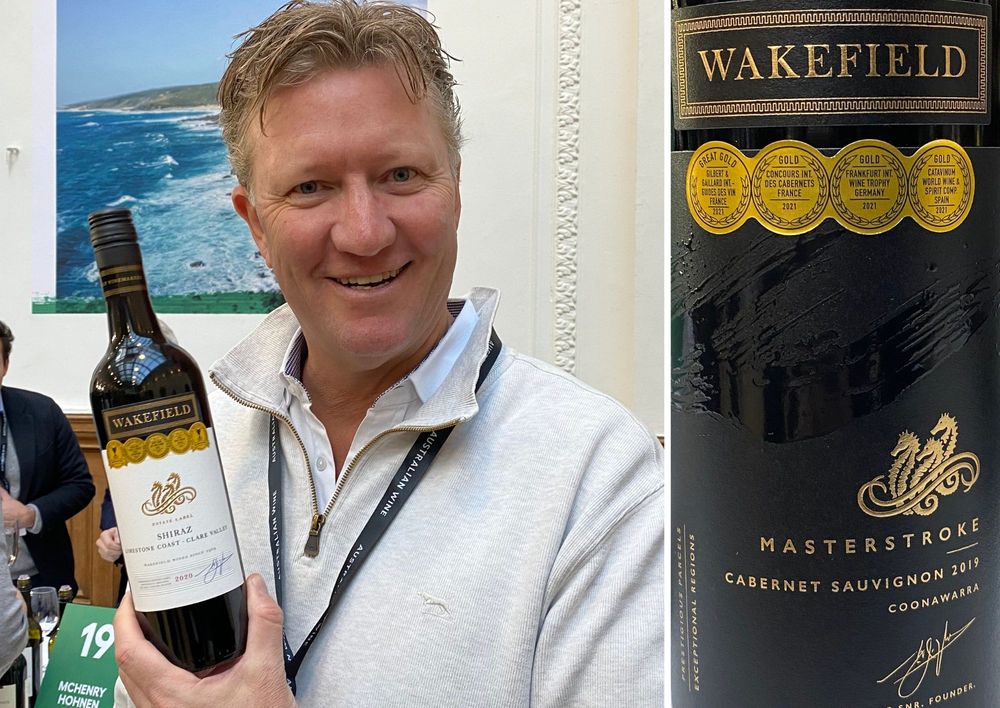
The thoroughly charming Justin Taylor with the crowd pleasing Masterstroke Cab
Taylors Family Wines, trading in the UK as Wakefield, is one of the top 10 producers by size in the Australian wine industry. Part of the third generation to run this family business, company director and export manager Justin Taylor was quick to point out the feeling of responsibility. “It’s in line with our own commitment to the environment and climate,” stated Taylor, “and the more of us that sign up, the more success it will be for all of us.”
Taylors has signed up to various sustainability initiatives over the years and was the first independent Australian winery to sign up to the Paris Agreement 2030 carbon emission targets.
“We’ve been looking at all our inputs and trying to find any, and every, practical solution to lower our footprint,” revealed Taylor. “We’ve installed solar panels throughout the property, we have water treatment facilities on site, and we’ve even begun to offer our range in Pacamama bottles which are going into Coles in Australia, with UK and US retailers also showing good interest.”
Involvement and fundraising for the likes of Project Seahorse and the Syndey-based SIMS are further initiatives the family is clearly proud of and membership of the SWA allows it to put an official stamp on its efforts. “Obviously sustainability is more and more what we’re talking about in our industry and that’s terrific,” Taylor continued, “but the brilliant thing from our perspective about the SWA is that it’s third-party endorsed. Everything is audited thoroughly, which we have to be doing. It gives us the confidence to talk about everything we do to the world’s wine drinkers.”
So in conclusion
The SWA initiative has had an impressive start. The largest obstacle since its inception in 2019 was to get members signing up and understanding both the importance and the upsides of showing the Australian wine community to be a forward thinking, responsible industry. Again, it’s not to say they weren’t before, it’s more that this is a well-packaged initiative, easy to sell to the wine buyers and drinkers around the world. With over 1000 members set to become certified in the coming months, and many more to surely follow, the future’s looking bright for Sustainable Winegrowers Australia.
- To find out more about the Sustainable Winegrowing Australia initiative, please contact Emma Baumann at Wine Australia UK at emma.baumann@wineaustralia.com or visit their dedicated website here.
- Wakefield Wines is imported into the UK by Louis Latour Agencies. For information about the portfolio please contact UK and Europe marketing manager, Adrian Atkinson on atkinson@wakefieldwines.com.au
- Langmeil Wines is imported into the UK by Berkmann Wine Cellars. For information about the portfolio please contact brand manager, Lucy Tedstone on tedstone@berkmann.co.uk
- Lambert Estate Wines and Lienert Vineyards are currently seeking distribution into the UK. For more information about their portfolios please contact Jim Lambert on jim@lambertestate.com and James Lienert on james@lienert.wine
Mike Turner is a freelance writer, presenter, and educator and regular contributor for The Buyer. He also runs a wine events business, Feel Good Grapes, that explores and discusses the idea of sustainability in the wine trade.
